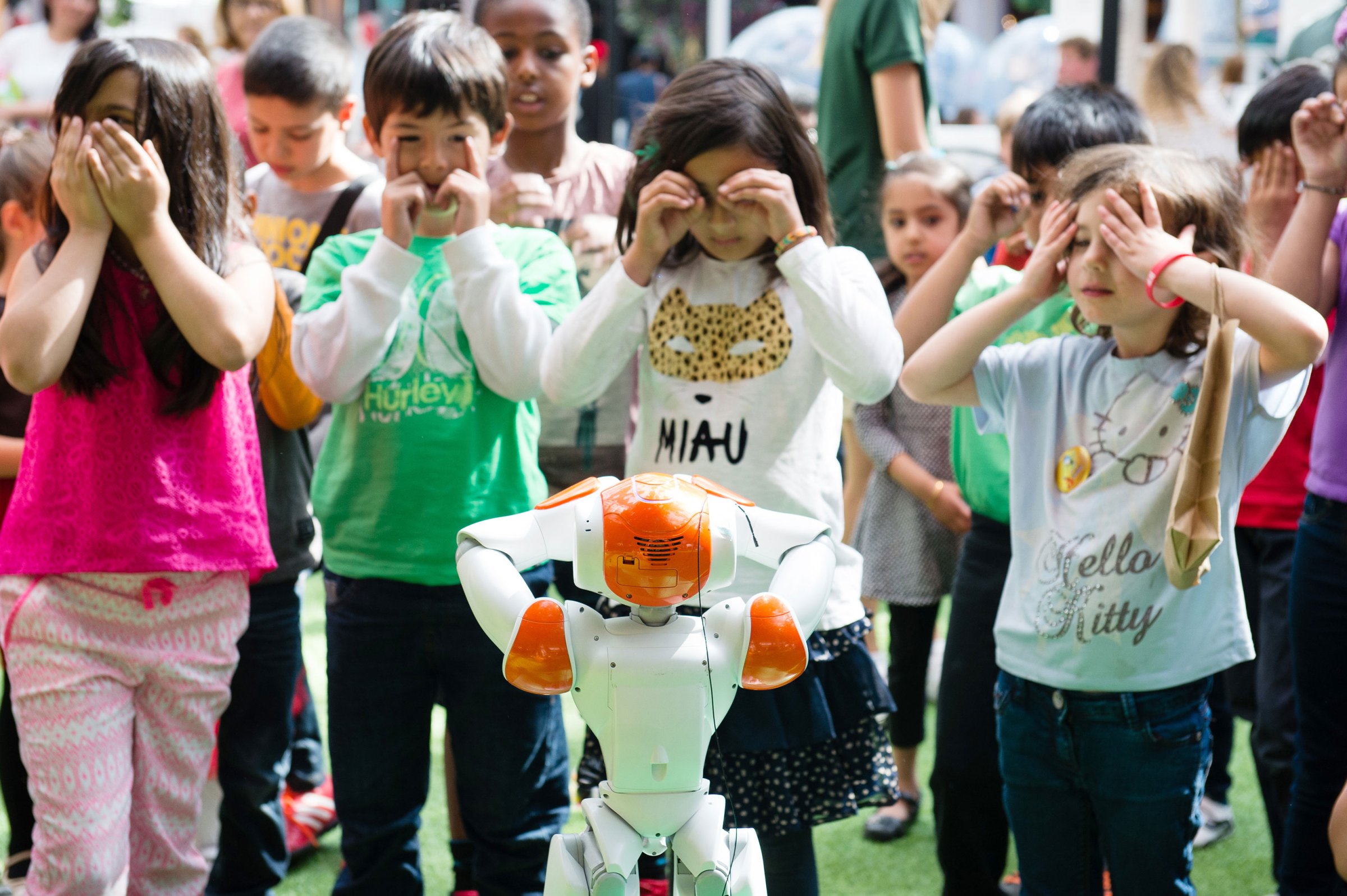
Artificial intelligence is one of the hottest, least understood and most debated technological breakthroughs in modern times. In many ways, the magic of AI is that it’s not something you can see or touch. You may not even realize you are using it today. When your Nest thermostat knows how to set the right temperature at home or when your phone automatically corrects your grammar or when a Tesla car navigates a road autonomously–that’s AI at work.
For most of our lives, people have had to adapt to technology. To find a file on a computer, we input a command on a keyboard attached to one particular machine. To make a phone call, we tap an assortment of numbers on a keypad. To get a piece of information, we type a specific set of keywords into a search engine.
AI is turning that dynamic on its head by creating technologies that adapt to us rather than the other way around–new ways of interacting with computers that won’t seem like computing at all.
Computer scientists have been working on AI technologies for decades, and we’re now seeing that work bear fruit. Recent breakthroughs, based on computers’ ability to understand speech and language, and have vision, have given rise to our technology “alter ego”–a personal guide that knows your habits and communication preferences, and helps you schedule your time, motivate your team to do their best work, or be, say, a better parent. Those same achievements have divided leading voices inside the world of technology about the potential pitfalls that may accompany this progress.
Core to the work I do on conversational AI is how we model language–not only inspired by technical advances, but also by insight from our best and brightest thinkers on the way people use words. To do so, we revisit ideas in books, such as Steven Pinker’s The Stuff of Thought, that give us closer looks at the complexity of human language, which combines logical rules with the unpredictability of human passion.
Humanity’s most important moments are often those risky interactions where emotion comes into play–like a date or a business negotiation–and people use vague, ambiguous language to take social risks. AI that understands language needs to combine the logical and unpredictable ways people interact. This likely means AI needs to recognize when people are more effective on their own–when to get out of the way, when not to help, when not to record, when not to interrupt or distract.
The advances that AI is bringing to our world have been a half-century in the making. But AI’s time is now. Because of the vast amounts of data in our world, only the almost limitless computing power of the cloud can make sense of it. AI can truly help solve some of the world’s most vexing problems, from improving day-to-day communication to energy, climate, health care, transportation and more. The real magic of AI, in the end, won’t be magic at all. It will be technology that adapts to people. This will be profoundly transformational for humans and for humanity.
Cheng is a corporate vice president of Microsoft AI & Research
More Must-Reads From TIME
- The 100 Most Influential People of 2024
- The Revolution of Yulia Navalnaya
- 6 Compliments That Land Every Time
- What's the Deal With the Bitcoin Halving?
- If You're Dating Right Now , You're Brave: Column
- The AI That Could Heal a Divided Internet
- Fallout Is a Brilliant Model for the Future of Video Game Adaptations
- Want Weekly Recs on What to Watch, Read, and More? Sign Up for Worth Your Time
Contact us at letters@time.com